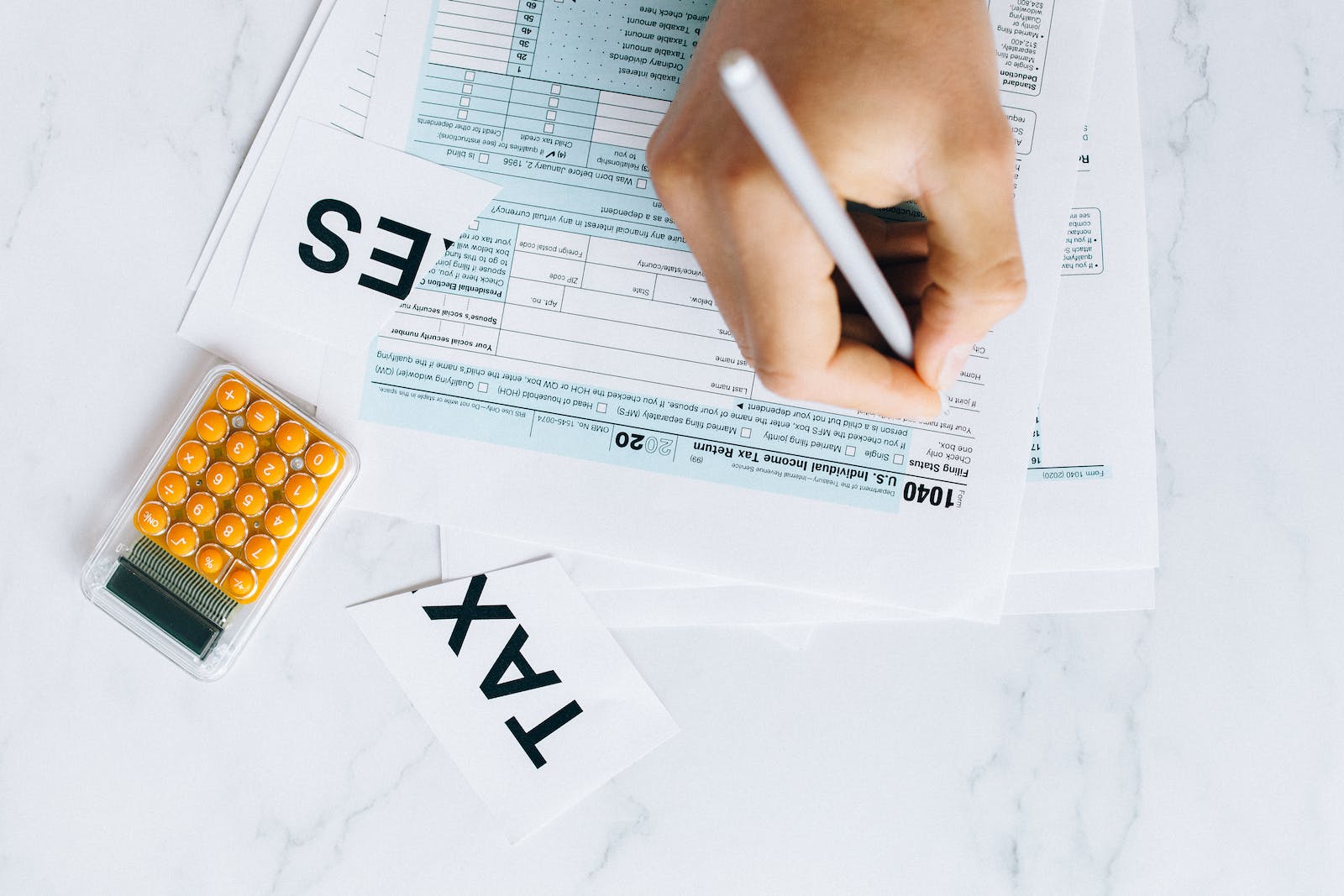As a small business owner, you know that every penny counts. That’s why it’s essential to take advantage of all the tax deductions available to you. By reducing your taxable income, you can significantly lower your tax liability and keep more of your hard-earned money in your pocket.
In this blog post, we’ll explore some of the most common and valuable tax deductions for small businesses, as well as provide tips on how to properly claim them. By staying informed and organized, you can maximize your tax savings and ensure compliance with all applicable laws and regulations.
Deductible Business Expenses
One of the most significant categories of tax deductions for small businesses is deductible business expenses. These are the costs you incur in the normal course of running your business, and they can add up quickly. Some common examples include:
- Advertising and Marketing Costs: Expenses related to promoting your business, such as advertising campaigns, website development, and branding materials.
- Office Supplies and Equipment: The cost of purchasing or leasing office furniture, computers, printers, software, and other necessary equipment.
- Utilities: Payments for electricity, gas, water, and internet services used for your business.
- Vehicle Expenses: If you use your personal vehicle for business purposes, you can deduct a portion of the costs, including gas, maintenance, and insurance.
- Professional Services: Fees paid to accountants, lawyers, consultants, and other professionals who provide services to your business.
It’s important to keep detailed records of all your business expenses, including receipts, invoices, and documentation of the business purpose for each expense.
Home Office Deduction
If you operate your business out of a dedicated home office space, you may be eligible for the home office deduction. This deduction allows you to deduct a portion of your household expenses, such as rent, mortgage interest, utilities, and insurance, based on the square footage of your home office.
To qualify for the home office deduction, your home office must meet the following criteria:
- It must be used exclusively and regularly for your business activities.
- It must be your principal place of business, or the place where you meet with clients or customers.
Keep detailed records of your home office expenses and measurements to support your deduction.
Deductions for Vehicle Use
If you use your personal vehicle for business purposes, you can deduct a portion of your vehicle expenses. There are two methods for calculating this deduction:
- Standard Mileage Rate: For the 2023 tax year, the standard mileage rate is 65.5 cents per business mile driven. This rate is designed to cover the costs of gas, maintenance, and depreciation.
- Actual Expenses Method: Under this method, you can deduct the actual costs of operating your vehicle for business purposes, including gas, oil, repairs, insurance, registration fees, and depreciation.
Be sure to keep a detailed mileage log and records of your vehicle expenses to support your deduction.
Deductions for Employee Compensation
As a small business owner, you can deduct the compensation you pay to your employees, including salaries, wages, bonuses, and commissions. Additionally, you can deduct the costs of providing employee benefits, such as health insurance, retirement plans, and payroll taxes.
It’s important to ensure that you are properly classifying your workers as employees or independent contractors, as this can have significant tax implications.
Depreciation and Section 179 Deduction
When you purchase or lease equipment, machinery, or other assets for your business, you can deduct the cost over time through depreciation. The Section 179 deduction allows you to deduct the full cost of certain qualifying assets in the year they were placed in service, up to a specified limit.
For the 2023 tax year, the Section 179 deduction limit is $1,080,000, and the phase-out threshold is $2,700,000. This deduction can provide significant tax savings for small businesses that invest in new equipment or machinery.
Maximize Your Tax Savings with Five Tax Services
Navigating the complexities of small business tax deductions can be challenging, but you don’t have to go it alone. At Five Tax Services, our team of experienced professionals is dedicated to helping small business owners like you maximize their tax savings while ensuring full compliance with all applicable laws and regulations.
From identifying eligible deductions to properly documenting and claiming them, we offer a comprehensive range of tax planning and preparation services tailored to your unique needs. Trust us to handle the complexities of your taxes, so you can focus on growing your business with confidence.
Stay Informed, Stay Compliant, and Save
As a small business owner, taking advantage of every tax deduction available to you is crucial for minimizing your tax liability and keeping more of your hard-earned profits. By staying informed about the various deductions for business expenses, home office costs, vehicle use, employee compensation, and asset depreciation, you can significantly reduce your taxable income and maximize your tax savings.
Remember, proper tax planning and compliance are ongoing processes that require diligence and attention to detail. By maintaining accurate records, seeking professional assistance when needed, and staying up-to-date with tax laws and regulations, you can ensure that you’re taking full advantage of all the deductions you’re entitled to, while avoiding costly penalties and headaches down the line.




Leave a Reply